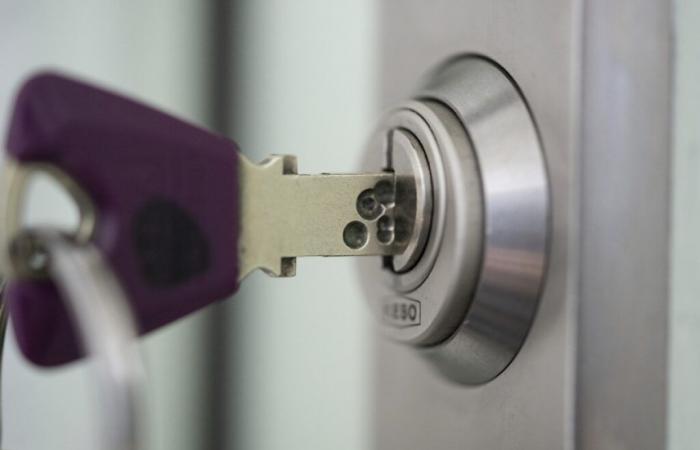Keystone-SDA
Uncertainty still reigns over sublets. The reform aimed at regulating them more is in the works and the camps are very close. On the other hand, the Swiss people should refuse 52% of the revision to facilitate the termination of the lease for personal needs.
This content was published on
November 24, 2024 – 1.59pm
(Keystone-ATS) The partial results are still within the margin of error of +/- 3%. In several German-speaking cantons, such as Graubünden or Aargau, the “yes” to more regulated sublets came out quite clearly in the lead. Ticino also accepted the reform by more than 54%.
In French-speaking Switzerland, Valais is also moving towards acceptance. Geneva will largely say “no” by more than 64%, while Vaud (59%) and Neuchâtel (62%) are also in the refusal camp. In Fribourg, the no vote wins by more than 53%.
At the same time, the Swiss people should refuse the other reform, which concerns facilitated terminations for the owners’ own needs. According to partial results, the reform would be rejected in all the French-speaking cantons, particularly by 67% of the population in Geneva. Only Valais is an exception.
Across Sarine, Zurich (57% no), Lucerne (51%), or Basel-City (65%) are also in the no camp. Other cantons clearly lean in favor of yes, such as Aargau (51%) or Graubünden (57%).
Two reforms
Last year, Parliament approved two projects from owners’ circles. The first concerns subletting, the second lease terminations for the owners’ own needs. The Swiss association for the defense of tenants (Asloca) successfully launched a referendum against the two revisions.
In a context of housing shortage, tenancy law must be relaxed, according to the right and owners’ circles. The left and Asloca denounce a “hardening” unfavorable to tenants.
The first project has the stated aim of preventing abusive subletting. Tenants must in the future send a written request to the lessor if they wish to sublet their accommodation. And the lessor must also respond in writing. The latter may also refuse the sublet if it lasts more than two years or presents major inconveniences for him.
The second project aims to simplify lease terminations for owners’ own needs. According to the law in force, the latter can quickly use their rented accommodation or commercial premises themselves, by claiming an urgent need for themselves, or their close relatives.
In reality, it is often difficult for them to prove the urgency of this need. Which can lead to long legal procedures, pointed out the right. The revision clarifies what an urgent need means: an important and current objectively established need.






